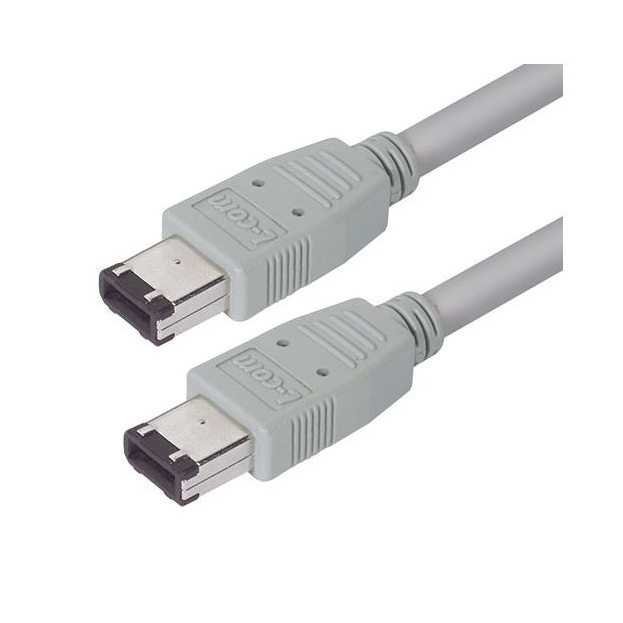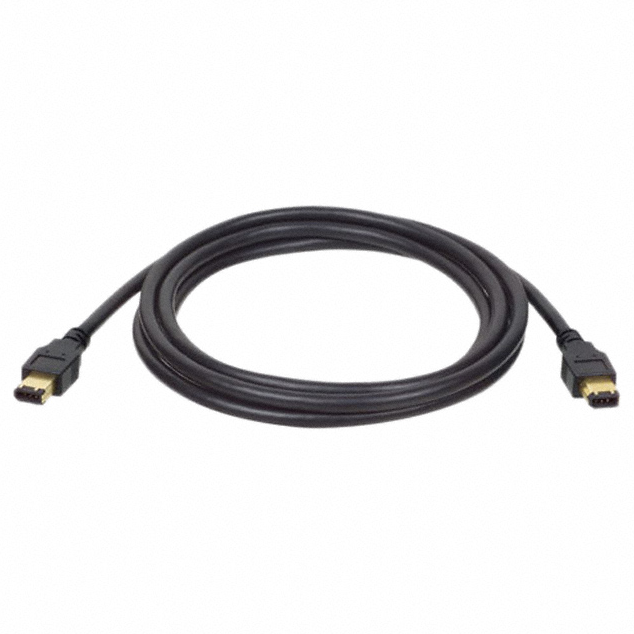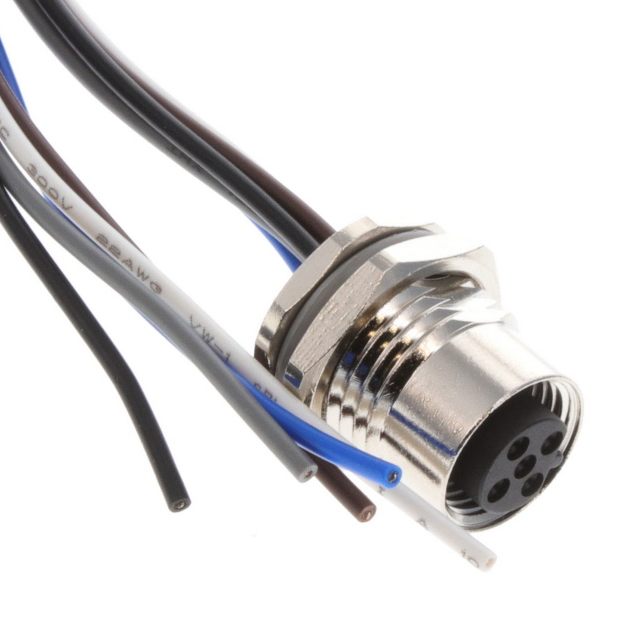Keeping progressing, Pursuing integrity, Embracing future
The common materials and their advantages and disadvantages of wire harnesses are as follows:
PVC material:
Advantages: Low cost, good flexibility, sturdy, with fire-resistant/oil resistant properties, can be formulated into wire harnesses that are suitable for various environments and applications
Disadvantages: Low end PVC may contain harmful substances and may be unstable in special environments. Harmful gases and thick smoke may be produced during combustion
PE material (polyethylene):
Advantages: Environmental protection, usually tested by ROHS, excellent electrical insulation performance, good processing performance
Disadvantages: General weather resistance, not suitable for high temperature environments
PUR material (polyurethane):
Advantages: Excellent oil resistance, good toughness, wear resistance, cold resistance, water resistance, aging resistance, acid and alkali resistance, weather resistance, long service life, UV resistance
Disadvantages: High cost, higher price than PVC material
TPE/TPR material (thermoplastic elastomer/thermoplastic rubber):
Advantages: Good chemical and oil resistance, flexibility, and wear resistance compared to other materials
Disadvantages: Not resistant to high temperatures, usually cannot be used in environments above 80C for a long time
TPU material (thermoplastic polyurethane elastomer rubber):
Advantages: Wear resistant, oil resistant, transparent, good elasticity, high wear resistance, high tension, high tensile strength, toughness and aging resistance, environmentally friendly materials
Disadvantages: Not sturdy enough, prone to deformation
Silicone rubber:
Advantages: Good heat resistance, cold resistance, and weather resistance.
Disadvantage: Not resistant to oil
EPDM rubber:
Advantages: Good weather resistance, ozone resistance, heat resistance, corrosion resistance, acid and alkali resistance, high strength and high stretchability.
Disadvantages: Poor adhesion, lower elasticity than natural rubber, poor oil resistance
Natural rubber:
Advantages: Good elasticity and mechanical strength, excellent flexural flexibility, high tear strength, and good cold resistance.
Disadvantages: Poor aging resistance, not resistant to oil and ozone, flammable
Chlorinated rubber:
Advantages: Good ozone resistance, heat aging resistance, oil resistance, flame retardancy, and self extinguishing properties.
Disadvantage: Poor low temperature resistance
Inquiry
LATEST BLOGS
INQUIRY
RELATED PRODUCTS
 How to evaluate the lifespan of wiring harnessesRCD has over a decade of experience in the assembly of cables and connectors required for outdoor harsh environment equipment.
How to evaluate the lifespan of wiring harnessesRCD has over a decade of experience in the assembly of cables and connectors required for outdoor harsh environment equipment. What is the best practice for wiring harness routingRCD has over a decade of experience in the assembly of cables and connectors required for outdoor harsh environment equipment.
What is the best practice for wiring harness routingRCD has over a decade of experience in the assembly of cables and connectors required for outdoor harsh environment equipment. What factors need to be considered in wire harness designRCD has over a decade of experience in the assembly of cables and connectors required for outdoor harsh environment equipment.
What factors need to be considered in wire harness designRCD has over a decade of experience in the assembly of cables and connectors required for outdoor harsh environment equipment.




